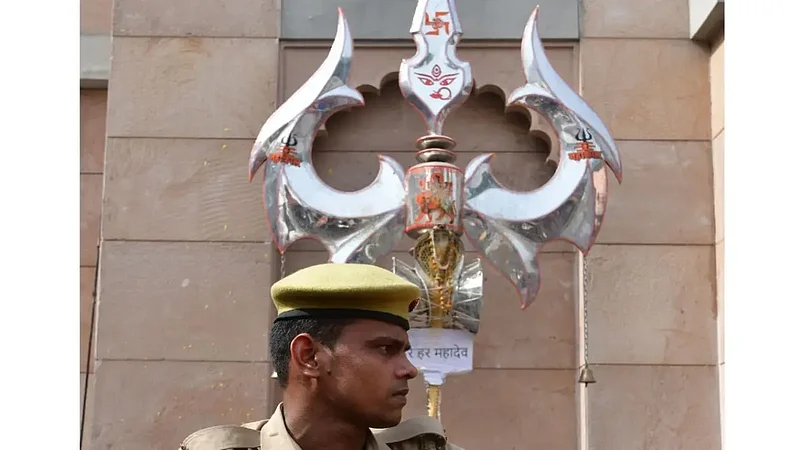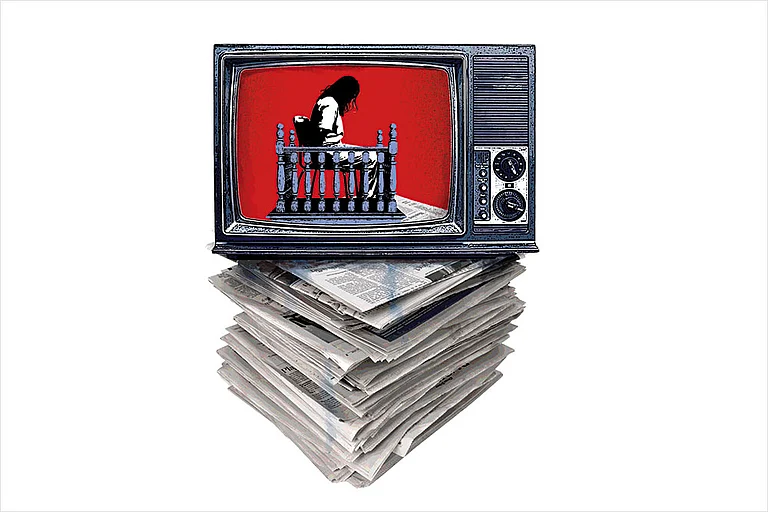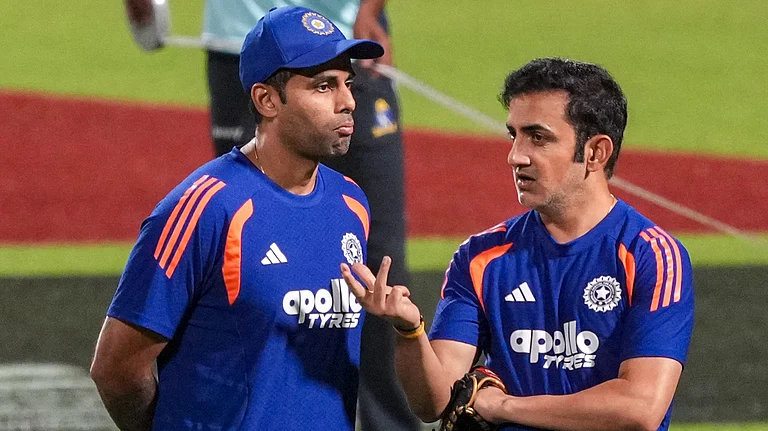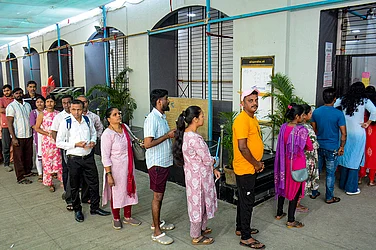It’s understandable for a civilisation to carry a wound. It may be real or imagined but, unless it’s politically manufactured and motivated, it needs to be respected and addressed. Such wounds may exist beyond the letter of the constitution, and yet a mature civilisation is expected to acknowledge and resolve them. But if one thought that the Ram temple would assuage the injured Hindu pride, it’s not to be. Another Ayodhya now looms large over India. The bow is primed. The target defined.
And yet, the wound many kar sevaks felt on the evening of December 6, 1992, and feel today before the Gyanvapi is as intense as it could be. It may not be shared by many other Hindus, but for them it’s real and needs a resolution.

Thankfully, one doesn’t have to look far into the past as here’s a profound anecdote recorded in The Life of Swami Vivekananda. Once Vivekananda visited Kashmir and was greatly distressed to find temples being vandalised by “the Mohammaden invaders”. At the Kheer Bhawani temple, he told himself: “How could the people have permitted such sacrilege without offering strenuous resistance? If I were here then I would have never allowed such things. I would have laid my life to protect the Mother.”
And then, goddess Kali appeared to chastise him: “What, even if unbelievers should enter My temples, and defile My images? What is to you? Do you protect me? Or do I protect you?” On another occasion at the Kheer Bhawani, he “was brooding with pain on the dilapidated condition of the temple”, and wished to build a new one here as he had already done at Belur. Once again the Mother Goddess emerged: “My child! If I so wish I can have innumerable temples… I can even at this moment raise a seven-storied golden temple on this very spot.” Her words, it is said, instantly brought an epiphany to the disciple. He felt that “all my patriotism is gone. Everything is gone.” He was “transfigured”, and was “now only the monk, in the nakedness of sannyasa”.
It’s unwise to expect kar sevaks to even aspire to become a monk, but they can at least add this episode to their morning prayers because the King of Dancers, when furious, is also known to perform the tandava, the divine dance with cosmic power to destruct.


























